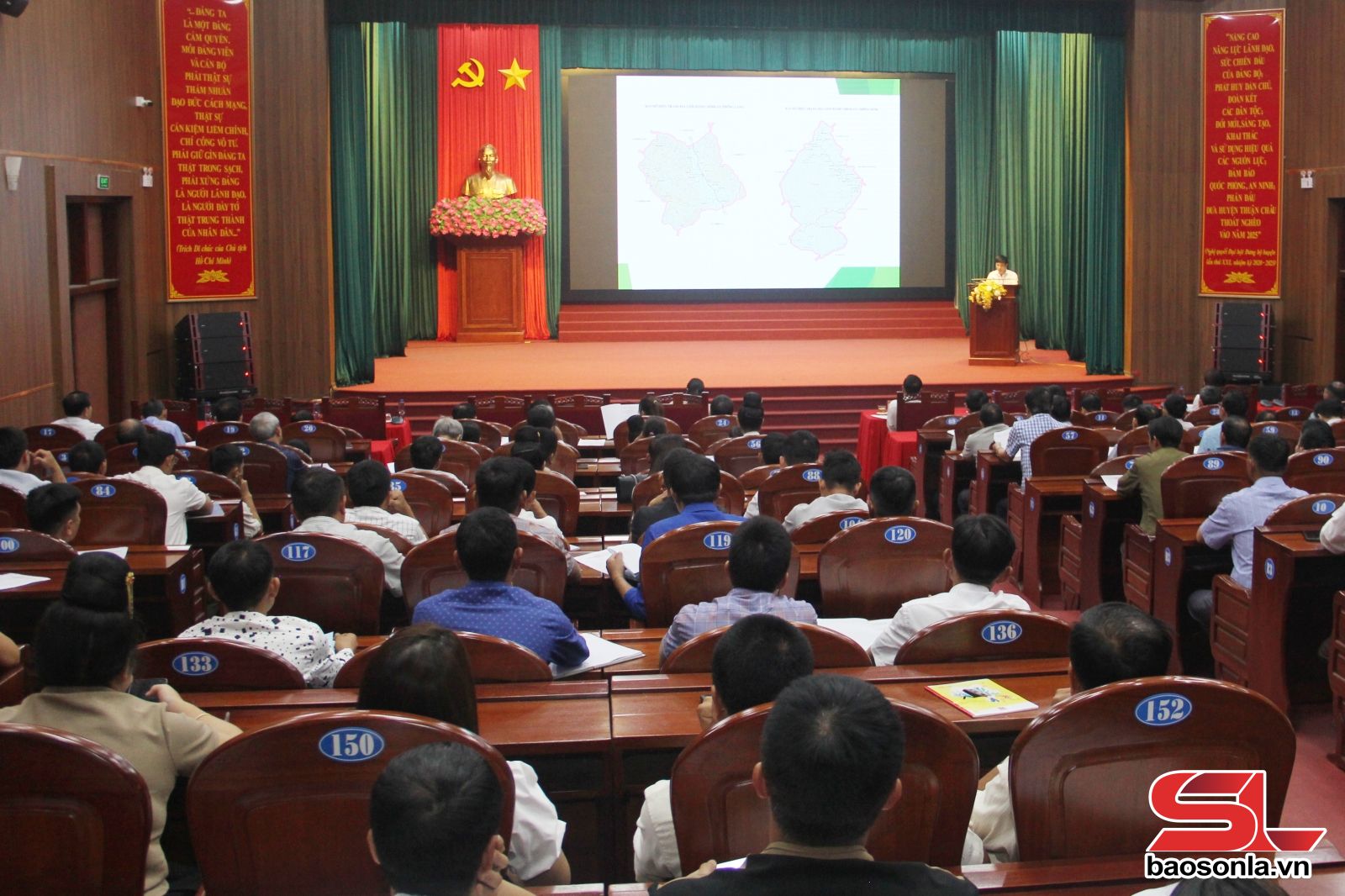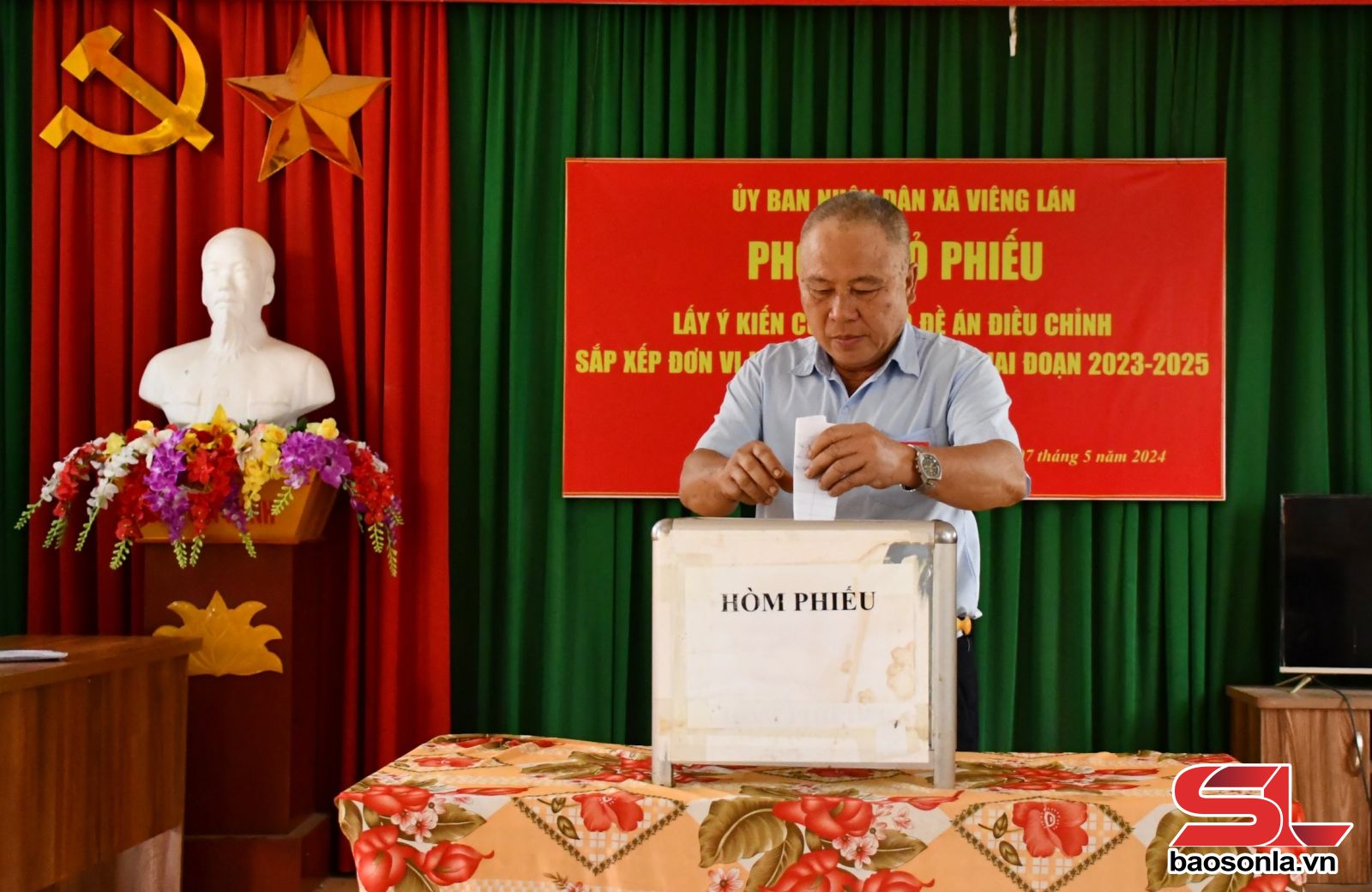
With a strong commitment to building a service-oriented administration, authorities at all levels and agencies have enhanced the accountability of leadership in administrative reform. This includes adopting a new mindset, shifting from an "ask-give" mechanism to a "service-oriented" approach, and improving the quality of civil servants an public employees in
Administrative procedure reform remains a key focus of the broader administrative reform agenda. Agencies and localities have strictly adhered to regulations on the publication and transparency of administrative procedures, actively processing procedures through digital platforms, and improving the quality and efficiency of online public services. The province has rolled out the "five-on-the-spot" model at the Public Administration Service Centre, covering reception, appraisal, approval, stamping, and result delivery. Processing times for administrative procedures in key areas, such as taxation, land management, investment, construction, and business registration, have been cut by 25-50%.

Youth union members install the VneID application.
Nguyen Thanh Tinh, Deputy Director of the provincial Department of Home Affairs, said the province's administrative procedure resolution system has been continuously being improved and optimised to ensure seamless connectivity across three levels—province, district, and commune, as well as the connectivity of information systems in accordance with government regulations. Currently, the province offers 1,554 fully online public services, with 99% of applications processed on time. For overdue cases, agencies publicly issue apologies in line with regulations.
The building of e-government and digital government has been effectively implemented. Various digital transformation initiatives have been put in place to streamline administrative procedures, such as displaying administrative procedures via QR codes, using electronic receipts, sending status notifications via SMS, holding online meetings, and adopting paperless meeting rooms.

With the goal of achieving less travel, shorter waiting times, and lower costs for administrative procedures, the Department of Justice advised the provincial People's Committee to issue various legal documents to implement laws, streamline procedures, and review legal regulations to ensure they align with local conditions.
Director of the department Tran Thi Hoa said the agency has collaborated in implementing the project on developing resident data, electronic identification and authentication applications to serve national digital transformation for the 2022-2025 period. Additionally, it has restructured essential public services, including birth, death, and marriage registration, and criminal record issuance. The department has also digitised civil status data and integrated it with the national population database, enabling citizens to use chip-based ID cards or VNeID for notarisation and authentication services.
.jpg)
Since November 2024, Son La province has officially issued criminal record certificates via the VNeID application. To date, nearly 860,000 records have been digitised and updated on the Ministry of Justice’s civil status management system. More than 98% of applications have been processed on time or ahead of schedule.

A voter in Vieng Lan commune, Yen Chau district, contributes opinions on the arrangement of commune-level administrative units.
With the overarching goal of building a democratic, modern, disciplined, and transparent administration, the province will step up administrative reform in 2025 and the years to come. Efforts will focus on enhancing the effectiveness of the state administrative apparatus, further improving citizen and business satisfaction with public services, and fostering a favourable investment and business environment to drive local socio-economic development.























You have 500/500 characters left
Please enter 5 or more characters!!!